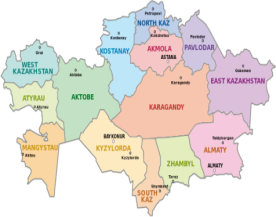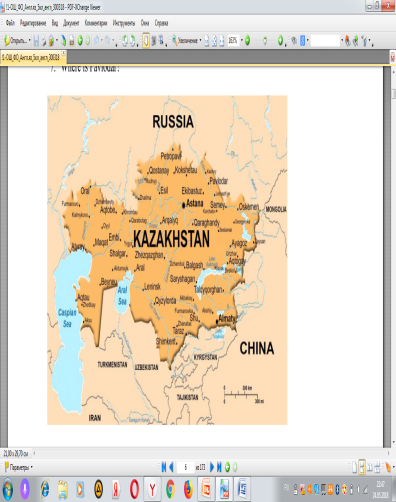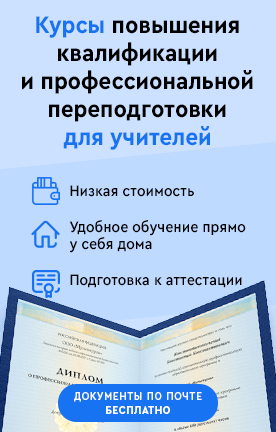5 сыныптарға арналған "Home and away" тақырыбы бойынша жоспар.
Создайте Ваш сайт учителя Курсы ПК и ППК Видеоуроки Олимпиады Вебинары для учителей
План урока по английскому языку на тему "Homes and away"
Вы уже знаете о суперспособностях современного учителя?
Тратить минимум сил на подготовку и проведение уроков.
Быстро и объективно проверять знания учащихся.
Сделать изучение нового материала максимально понятным.
Избавить себя от подбора заданий и их проверки после уроков.
Наладить дисциплину на своих уроках.
Получить возможность работать творчески.
Просмотр содержимого документа
«План урока по английскому языку на тему "Homes and away"»
Похожие файлы
Полезное для учителя
Распродажа видеоуроков!
1570 руб.
2240 руб.
1800 руб.
2570 руб.
1480 руб.
2110 руб.
1570 руб.
2240 руб.
Курсы ПК и ППК для учителей!
800 руб.
4000 руб.
800 руб.
4000 руб.
800 руб.
4000 руб.
800 руб.
4000 руб.
ПОЛУЧИТЕ СВИДЕТЕЛЬСТВО МГНОВЕННО
* Свидетельство о публикации выдается БЕСПЛАТНО, СРАЗУ же после добавления Вами Вашей работы на сайт
Удобный поиск материалов для учителей
Проверка свидетельства
 (a. large b. larger c. largest )
(a. large b. larger c. largest )





















